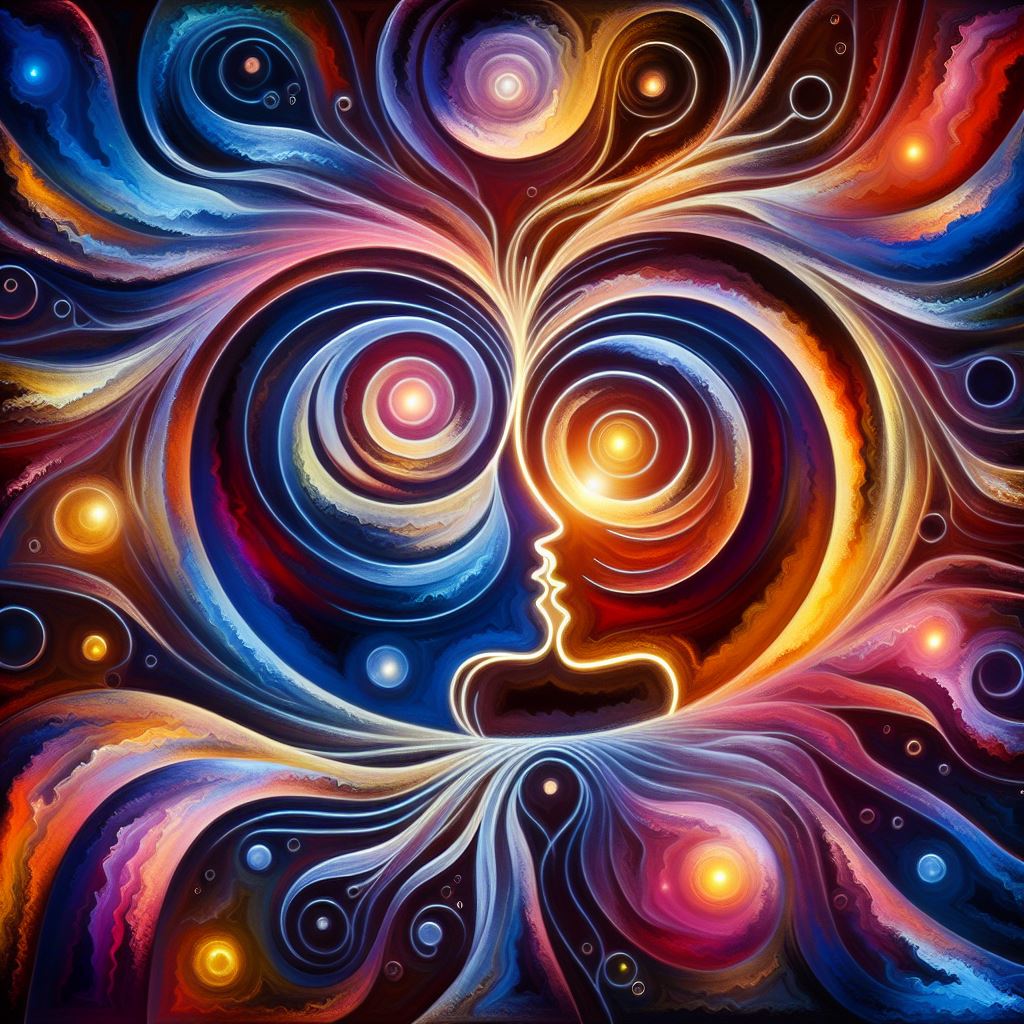Love is not merely an emotion—it is a fundamental force that shapes human experience, drives personal growth, and connects us at the deepest levels of our existence. Far beyond romantic idealism, love represents a complex, multifaceted phenomenon with the power to heal, inspire, and fundamentally transform individual lives and entire societies.
The Intricate Landscape of Love
To truly understand love, we must look beyond superficial representations and delve into its rich, nuanced dimensions. Love is not a singular experience but a spectrum of emotional, psychological, and physiological responses that manifest in multiple forms.
Defining Love: More Than an Emotion
Renowned psychologist Dr. Robert Sternberg‘s Triangular Theory of Love provides a groundbreaking framework for understanding love’s complexity. According to his research, love comprises three fundamental components:
- Intimacy: The emotional connection and bond between individuals
- Passion: The intense feelings of romance, physical attraction, and excitement
- Commitment: The deliberate decision to maintain the relationship and support one’s partner
This multidimensional perspective reveals love as a dynamic, evolving experience rather than a static state. These components combine to form seven different types of love:
- Liking (Intimacy only)
- Infatuation (Passion only)
- Empty Love (Commitment only)
- Romantic Love (Intimacy + Passion)
- Companionate Love (Intimacy + Commitment)
- Fatuous Love (Passion + Commitment)
- Consummate Love (All three components)
According to Sternberg, consummate love represents the “complete” form of love, though not all relationships need all three elements to be meaningful or successful.
Love in Its Diverse Manifestations
Love transcends romantic narratives, revealing itself in multifaceted, profound ways:
Familial Love: The First School of Emotional Intelligence
The unconditional love between family members forms the foundational framework of emotional development. Psychological research indicates that children raised in nurturing environments demonstrate:
- Higher emotional intelligence
- Enhanced social adaptation skills
- Greater resilience to stress
- More robust psychological frameworks
Compassionate Love: Expanding Beyond Personal Boundaries
Compassionate love represents humanity’s most elevated expression—extending empathy, understanding, and support beyond personal connections. This form of love drives:
- Humanitarian initiatives
- Social justice movements
- Community building
- Global understanding and cooperation
Self-Love: The Critical Foundation
Perhaps the most challenging yet essential form of love is self-love. It serves as the cornerstone for healthy relationships, personal growth, and emotional well-being.
Brené Brown, renowned vulnerability researcher, emphasizes:
“Loving yourself is the greatest revolution you can undertake.”
Love’s Healing Potential: Scientific Evidence
Extensive research demonstrates love’s tangible impact on human health and well-being. The evidence is compelling and transformative.
Physical Health Benefits
A landmark study published in the Journal of Health and Social Behavior revealed that individuals in supportive, loving relationships experience:
- 35% lower risk of cardiovascular diseases
- Enhanced immune system functionality
- Reduced cortisol (stress hormone) levels
- Improved pain tolerance
- Faster recovery from surgical procedures
Dr. Dean Ornish, a prominent physician and researcher, argues that love and social support can be as critical to health as diet and exercise—a revolutionary perspective challenging traditional medical paradigms.
The Neurological Symphony of Love
Modern neuroscience has illuminated the profound biological underpinnings of love, transforming our understanding from romantic mythology to scientific reality.
Love’s Chemical Dance
When we experience love, our brains orchestrate a remarkable neurochemical symphony:
- Oxytocin: Known as the “bonding hormone”, it fosters trust, attachment, and emotional connection
- Dopamine: Creates feelings of pleasure, reward, and motivation
- Serotonin: Stabilizes mood and emotional regulation
- Vasopressin: Promotes long-term bonding and commitment
Dr. Helen Fisher, a leading anthropological researcher, describes these neurochemical processes as evolutionary mechanisms designed to encourage human connection and species survival.
Practical Strategies for Cultivating Love
Recognizing love’s transformative power requires actionable approaches:
- Emotional Intelligence Development
- Practice active listening
- Cultivate empathy
- Communicate authentically
- Process emotions constructively
- Community Building
- Invest in meaningful relationships
- Create supportive social networks
- Practice vulnerability
- Support collective growth
- Mindful Compassion
- Perform regular acts of kindness
- Challenge personal biases
- Extend understanding to diverse perspectives
Overcoming Love’s Challenges
Love demands courage. It requires vulnerability, continuous learning, and willingness to grow beyond comfort zones. As poet Rumi beautifully articulated,
“The wound is the place where the light enters you.”
Love’s Societal Impact
Love is not merely a personal experience but a powerful societal catalyst. When individuals and communities prioritize compassionate connection, they create environments of:
- Mutual understanding
- Collaborative problem-solving
- Reduced conflict
- Enhanced collective resilience
A Call to Collective Action
Love is an active choice, not a passive experience. Each interaction presents an opportunity to:
- Build bridges across differences
- Practice radical empathy and gratitude
- Heal personal and collective wounds
- Transform systemic limitations
Inspiring Real-World Love Stories
The Daraja Academy: Love Through Education
In Kenya, Daraja Academy exemplifies love’s transformative potential. By providing education to young women who might otherwise be denied opportunities, they’ve demonstrated how intentional, structured love can break systemic cycles of poverty and discrimination.
Médecins Sans Frontières: Love as Global Compassion
Medical professionals volunteering with humanitarian organizations embody love’s most profound expression—sacrificing personal comfort to serve strangers across global boundaries.
Conclusion: Love as Human Potential
Love represents our species’ most extraordinary capacity—our ability to connect, understand, and collectively evolve. It is a revolutionary force that transcends individual experiences, becoming a universal language of human potential.
In the profound words of Dr. Martin Luther King Jr., “Darkness cannot drive out darkness; only light can do that. Hate cannot drive out hate; only love can do that.”
**Love is not just an emotion. Love is action. Love is transformation.**
